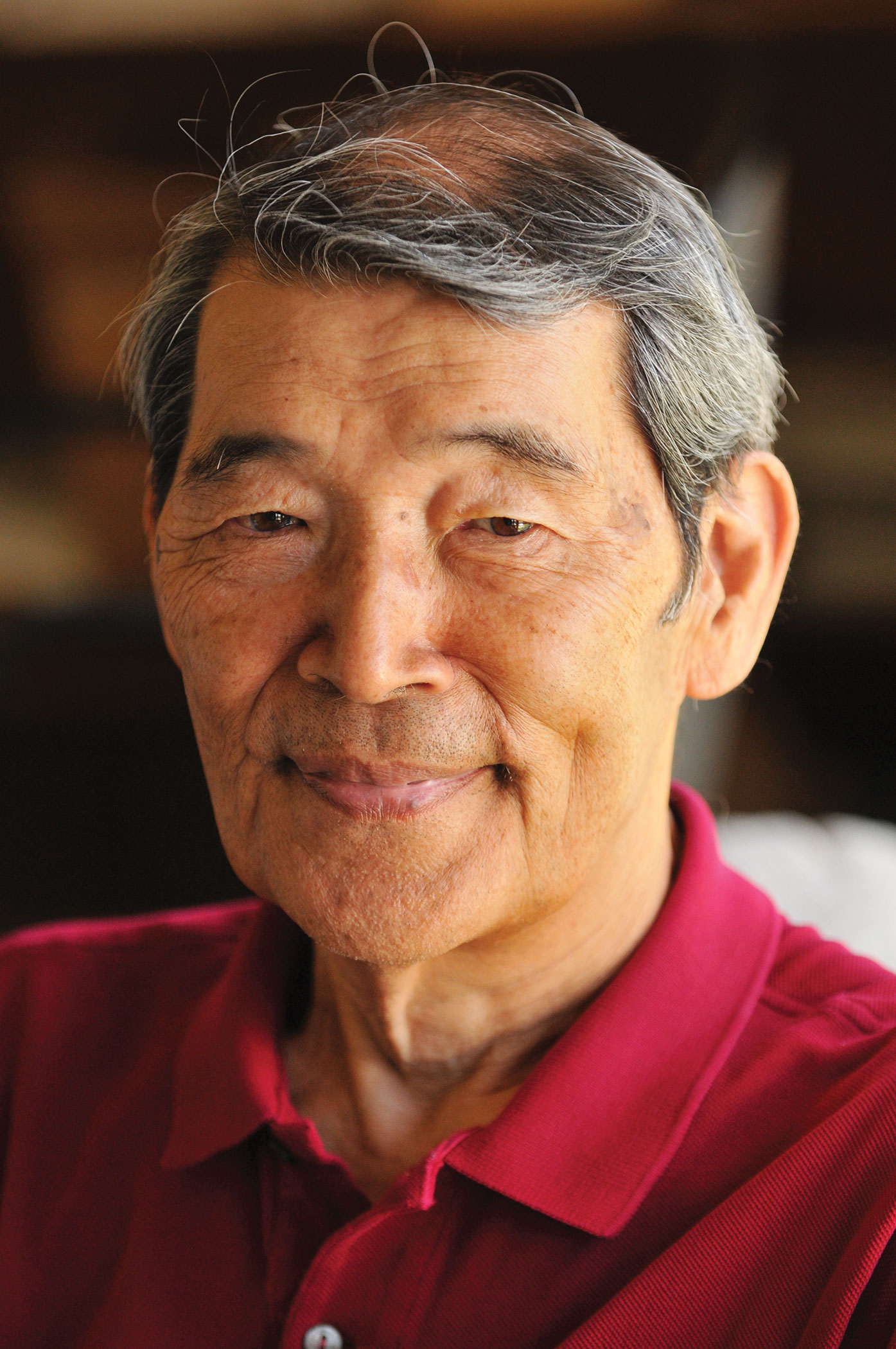 Masakazu (Mark) Konishi
Masakazu (Mark) Konishi
Masakazu (Mark) Konishi translated his childhood love of animals into pathbreaking discoveries about the behaviors of songbirds and owls. His investigations led to the use of birds as models for understanding how other animals acquire language and motor skills.
When he died in July 2020, Konishi left a
generous unrestricted bequest that will enable Caltech scientists and engineers to push the boundaries of knowledge for decades to come.
Born the only child of silk weavers in Kyoto,
Japan, Konishi dreamed early on of becoming a rancher. “I loved American cowboy movies mainly because of the animals that appeared on the screen,” he wrote in his autobiography for the Society for Neuroscience.
He parlayed that aspiration into agricultural studies at Hokkaido University in Sapporo, Japan, where he supported himself by working as a day laborer and tutor and subsisted on a diet of potatoes and herring, the cheapest foods he could find. Eventually, he changed his major to zoology and began to study birds.
Cross-Continental Research
pursued his PhD at UC Berkeley. For his doctoral thesis, he made more than 3,000 recordings to study the relationship between vocalization and hearing in chickens and songbirds. After conducting postdoctoral research in Germany, he took an assistant professorship at Princeton University. There, he explored how songs introduced to young birds influence the songs they choose as adults. He also began to study owls.
Konishi’s work caught the attention of colleagues at Caltech, and he was offered a full professorship, along with an impressively large, high-quality research space. He and 21 owls moved to Pasadena in 1975.
Growing Roosts
At Caltech, Konishi found what he called “a very exciting new center of neurobiology.” He joined a team that included Roger Sperry and Seymour Benzer and helped establish the Institute as an early neuroscience powerhouse.
Konishi was a pioneer of neuroethology, which studies the neural basis of animal behaviors. Among many other contributions, he demonstrated that owls create an auditory map to localize their prey. His findings opened up new areas of study with far-reaching impact across neuroscience.
Konishi also trained dozens of graduate students and postdoctoral scholars who became leaders in the field, including Ralph Adolphs (PhD ’93), Caltech’s Bren Professor of Psychology, Neuroscience, and Biology.
During nearly four decades on the Caltech faculty (he retired in 2013), Konishi encouraged his students to try things that had never been done before. By naming Caltech the beneficiary of his retirement accounts, he will ensure that future generations of scholars, too, can create new knowledge by pursuing the unknown.


